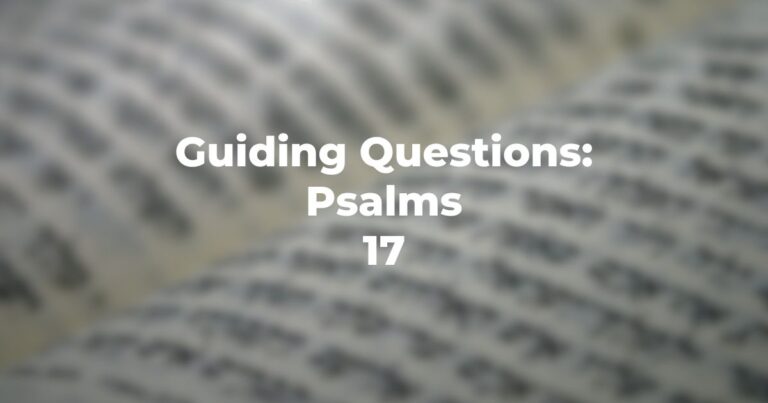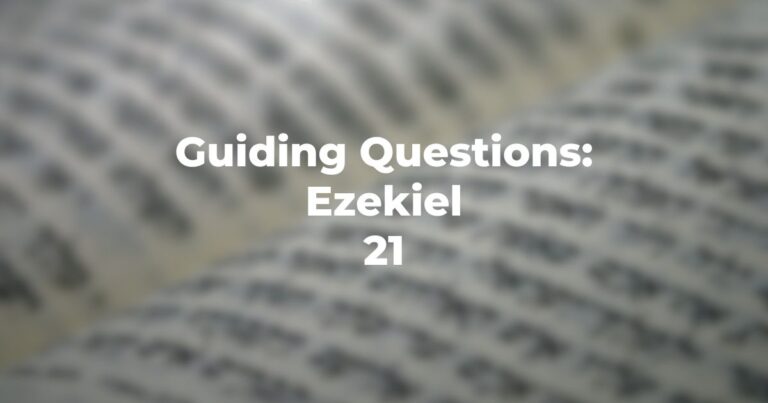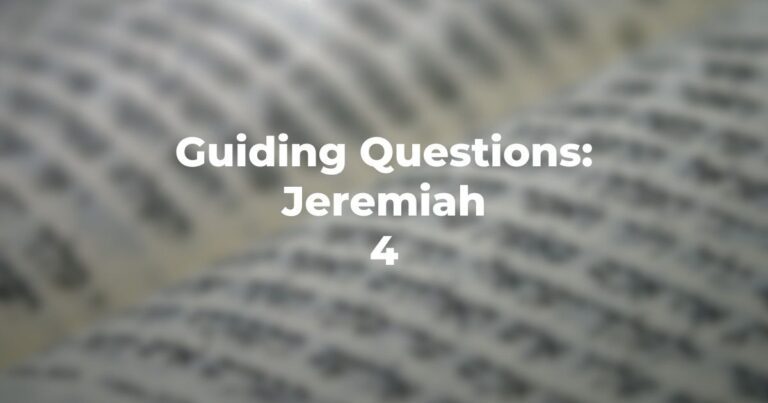- Is the transition from Isaiah 13 one of continuity of castigation (and, if so, of what country) or is it a totally different message — one of hope and, if so, for whom?
- Is Isaiah 14 addressed, primarily, to the Jewish auditor?
- And, if so, does it deal with the state of Judea and/or Israel or, rather, with the fate of the destroyer (see Isaiah 14:11)?
- In Isaiah 14:14, what does the term “Elyon” represent?
- According to Isaiah 14:22, is there any palliative for the destiny of Bavel?
- According to Isaiah 14:27, is the destiny of nations determined by “material factors” or by the imperative of Divine fiat? And, is there any redress from same?
- Is Isaiah 14:32, castigation or promise and, if so, to whom?
Author
-

Exploring Judaism is the digital home for Conservative/Masorti Judaism, embracing the beauty and complexity of Judaism, and our personal search for meaning, learning, and connecting. Our goal is to create content based on three core framing: Meaning-Making (Why?), Practical Living (How?), and Explainers (What?).
View all posts





